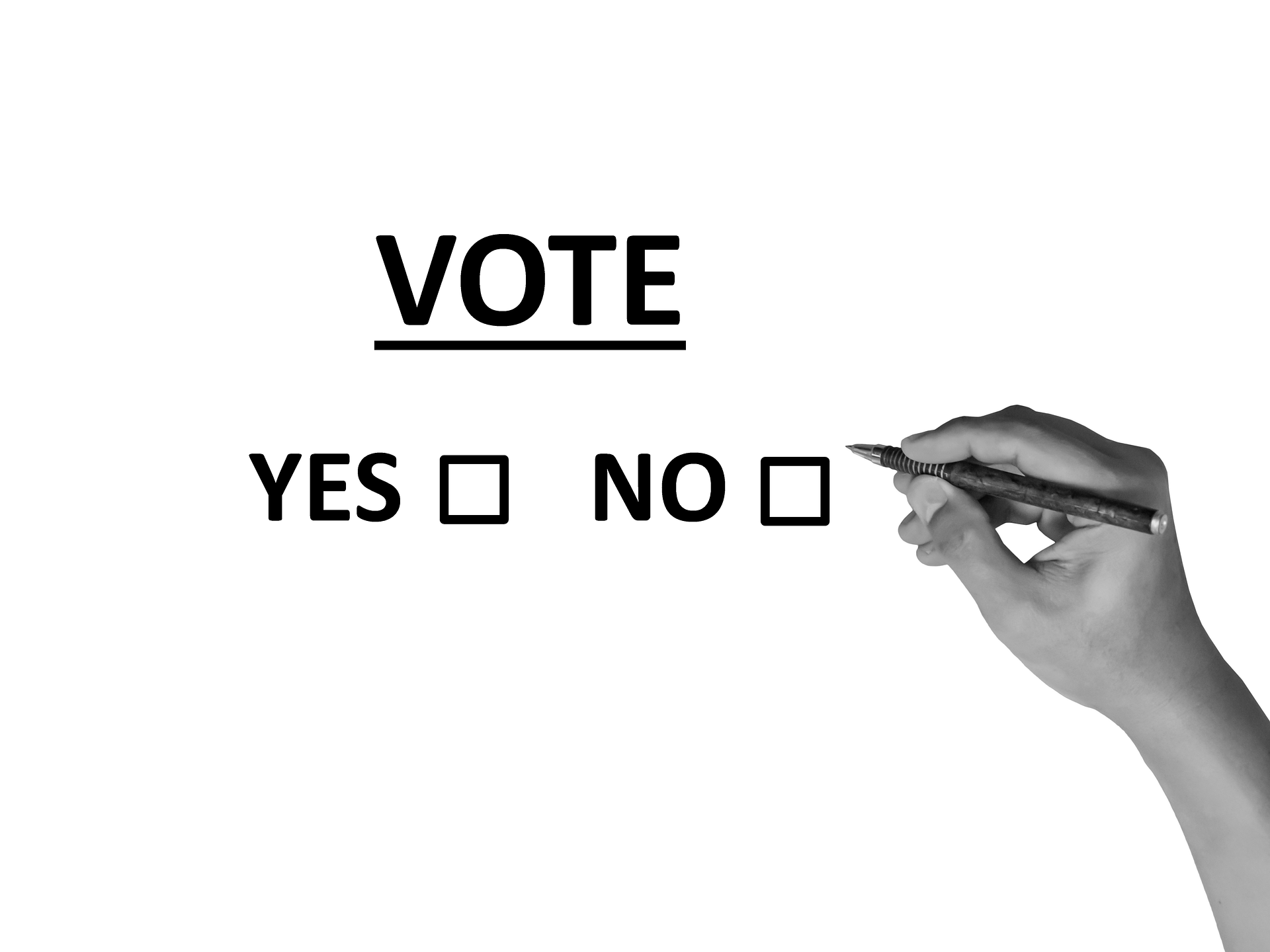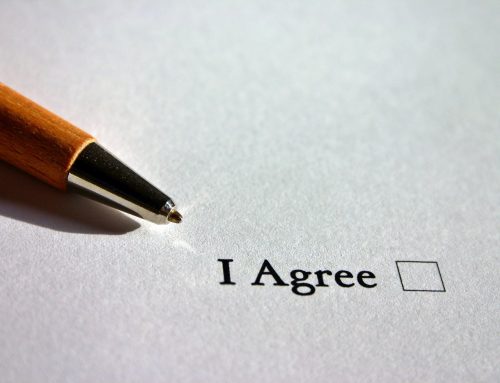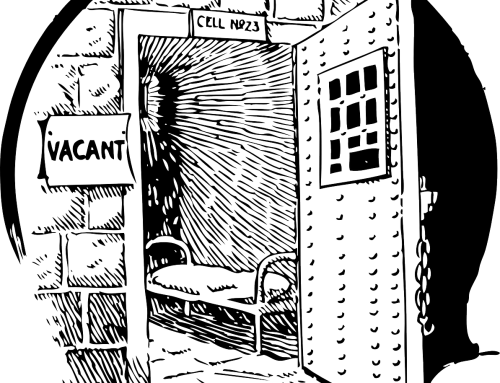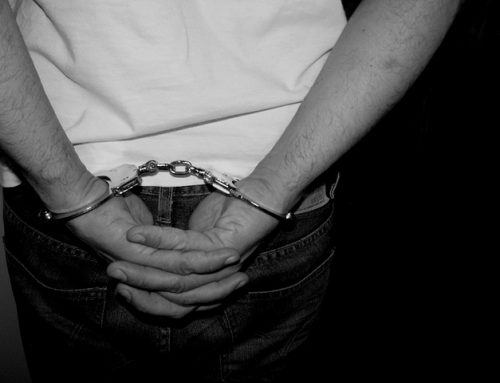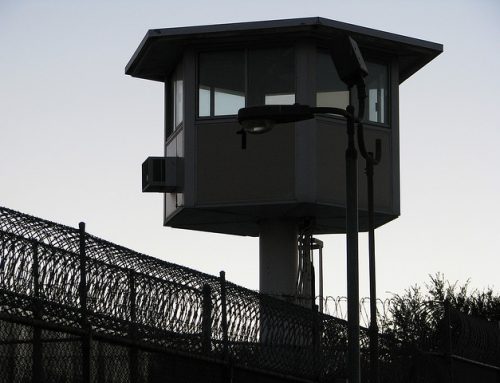A few years ago, SB10, California’s replacement for cash bail, was passed in the state government. After a significant outcry from residents, the bail industry, and law enforcement, the bail industry was able to get enough signatures to put a referendum – in the form of Proposition 25 – on the ballot. If passed, the changes SB10 made will become law.
The changes that would be enacted if Proposition 25 were to pass would be a sweeping reform of the jail system in order to accommodate the elimination of cash bail. For starters, a computer algorithm supplied with historical crime and arrest data would be used to decide whether an arrestee should be released from custody pending their trial, or if they had to remain in the custody of the courts.
Prop 25 would also greatly empower judges who review the defendant’s cases to arbitrarily hold anyone in custody who they fear may be either a flight risk or a threat to the community if released. The first issue with this new system is the computer algorithms that are set to replace cash bail. After being reviewed by several human rights groups, it was determined that the computer algorithms disproportionately incarcerated black and brown people over their white counterparts who may have been charged with the same crime. This means that, before it has even been put to use, the algorithms are prejudiced against people of color.
The second major issue with the legislation is how it empowers judges. Defendant’s who are accused of violent felonies will be kept in custody as they await their day in court. However, defendants who are accused of relatively minor, non-violent felonies will need to go before a judge to plead their case for freedom. The judge can then decide to keep them in custody (based on data from the racist algorithms and their own opinion) or to assign certain conditions for the defendant’s release (drug treatment, anger management classes, weekly check-ins with probation officers, etc.). If, based on the information available, a judge decides that a defendant runs a significant chance of being rearrested, the defendant will remain in custody.
The argument against Prop 25 addresses several issues with the new system. However, research has shown that eliminating cash bail and replacing it with greatly empowered judges and computer programs will actually lead to more incarcerations – not less. By stripping Americans of their 8th amendment right (the right to bail), they will be able to incarcerate whomever they wish. The algorithm is supposed to assist in risk-assessment for each defendant, however, a judge will have the power to override the conclusions made by the algorithms.
In one sense this can be a good thing, as the racist algorithm would, ideally, be held in check by judges. However, our criminal justice system as it currently stands disproportionately results in the incarceration of more black and brown people than it does for white people convicted of the same crimes. This begs the question: if racism is already rampant in our criminal justice system, is it a good idea to grant judges even more power over the lives of those who are brought before them?
Keep in mind that everyone is supposed to be “innocent until proven guilty in a court of law.” Additionally, not everyone who is accused of a crime actually committed it. Plenty of people who find themselves coursing their way through the criminal justice system are actually innocent. With the bail system intact, defendants are able to secure their release from jail to find legal counsel, continue working and/or attending school, caring for their children, and more.
If you’d like to see the damage that the elimination of cash bail can cause, all you need to do is pay attention to the news. With emergency protections in place to help halt the spread of COVID-19, offenders are usually cited and released from custody that same day – unless they are being charged with a serious crime.
This “catch and release” policy being forced on law enforcement has had some wonky effects already. Not long ago, a man was arrested and released 3 times in the same day. Similar things are happening in New York, where people released from jail arbitrarily are being rearrested by law enforcement.
The bail system is not intended to keep poor people in jail, as opponents often claim. Instead, it allows friends and family to get their loved one out of custody while ensuring that the defendant shows up for court at the appointed date and time. It is the bail industry – not the police – who currently monitor defendants who are out on bail. If the defendant works with a bail bondsman and shows up for court at the appointed date and time, they will have no more financial obligation to the bail bondsman regardless of the outcome of their trial. However, when defendants do not return to court at the appointed date and time, it is the bail bondsman – not the court or the police – who are responsible for tracking the defendant down and bringing them to the police.
If the bail system were to be abolished, it would cause shockwaves throughout the criminal justice system. Police and probation departments would be relied upon to provide the monitoring that the bail industry already does, with the exception that the bill for such services will fall on the taxpayers in the form of additional police, probation officers, and more jails to house the defendants who were not released by judges.
If you want to keep your taxes down, and preserve your 8th Amendment right to bail, vote NO on Prop 25.

